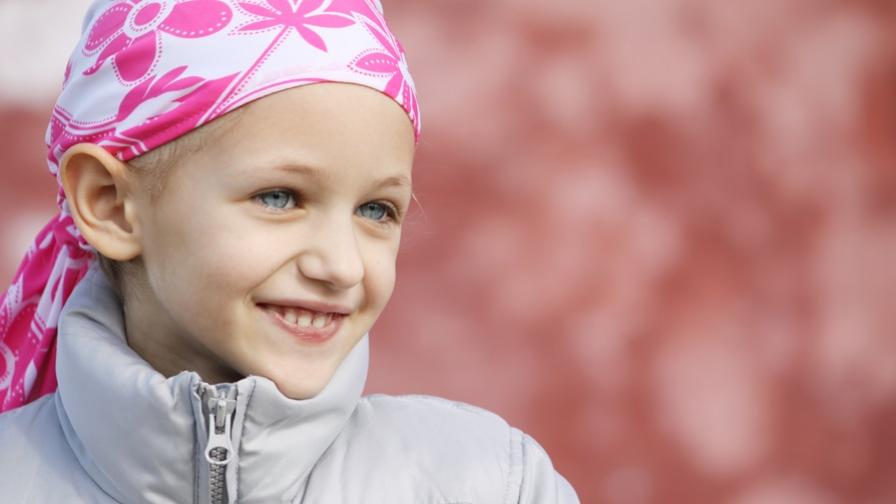
Each year in the UK, an estimated 1,900 children are diagnosed with cancer and over 850 of these are girls. Childhood cancer is a devastating diagnosis, but thanks to advances in treatment, many children now survive and eventually want to start families of their own.
The most common childhood cancer, leukaemia, is often treated with a combination of chemotherapy, radiotherapy and a bone marrow transplant, which may involve pre-treatment with total body irradiation (TBI).
Unfortunately, evidence was emerging that women who had received a bone marrow transplant as a child or young adult were at higher risk of pregnancy complications, including preterm birth. Knowing how best to care for this group of women during their pregnancy could help to reduce the risk of them having their babies too early.
With co-funding from Action and Borne, consultant obstetrician Dr Melanie Griffin and her team have worked to better understand these issues.
During the study, data from different sources was combined to create a new data resource to look at the risk of pregnancy complications in women who had received bone marrow transplants. They confirmed that most women in this group had a normal pregnancy and birth but compared to the general population, they faced a greater risk of giving birth too early and having smaller babies. This was particularly true for those who had total body irradiation before receiving their bone marrow transplant.
Additionally, the study team surveyed clinicians and found that clinical advice and care given to pregnant women who had bone marrow transplants was not consistent across the country.
The team is now working to share their findings so that national guidelines can be updated and those affected can access more specialist care and support.
Dr Griffin says: “All women who get pregnant following a bone marrow transplant should already be on a high-risk pregnancy pathway, but we are now advising that all these women are seen in specialist preterm birth prevention services, which prior to this Action funded work hasn’t been routinely happening.”
This research was generously supported by The James Tudor Foundation.
Patient and parent groups we spoke to were really grateful that we have done this work
